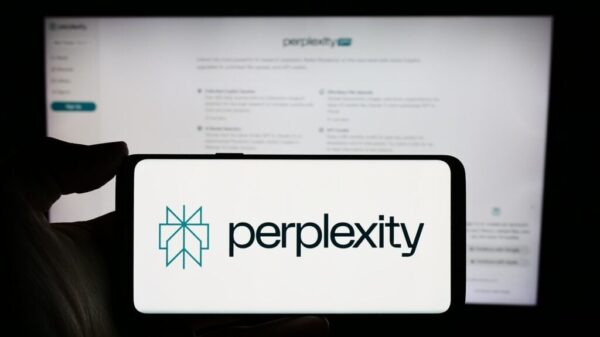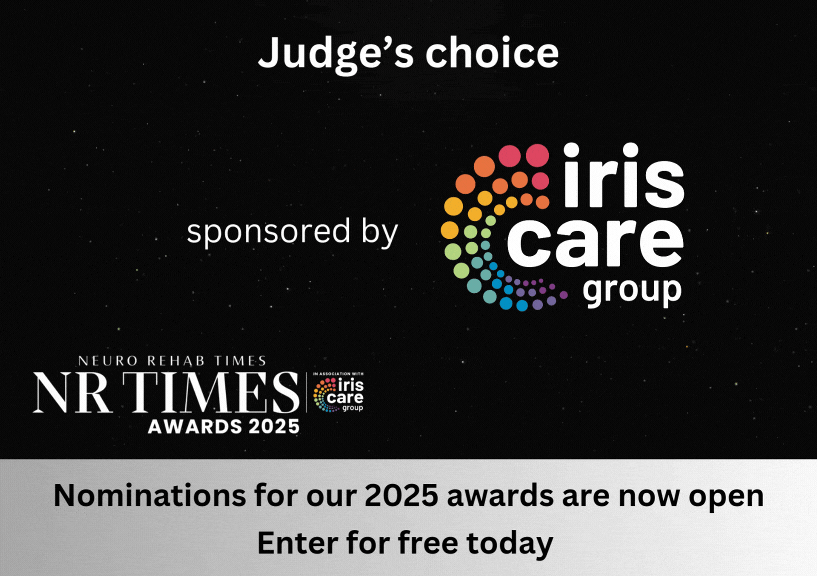Research Significance and Applications
AI tools designed for the detection of strokes and seizures have the potential to revolutionize the diagnosis of neurological diseases. However, a recent report underscores the risks these technologies may pose to health equity, particularly for vulnerable populations. The study, co-authored by researchers from UCLA Health, highlights the necessity for safeguards to ensure that advancements in AI do not exacerbate existing health disparities.
As AI systems have demonstrated their ability to classify brain tumors and analyze stroke imaging with greater efficiency, researchers caution that their reliance on large, often homogeneous datasets could lead to suboptimal performance in underserved communities. The report details how AI models predominantly trained on data from specific demographic groups may fail to accurately diagnose conditions in patients from diverse backgrounds.
Technical Approach and Ethical Considerations
The findings from the UCLA Health report suggest that while AI technology can significantly enhance healthcare delivery, it also threatens to marginalize populations that are already underrepresented in medical research. For instance, a stroke detection algorithm trained primarily on data from one ethnic group may demonstrate reduced accuracy when applied to patients outside that demographic. This limitation underscores the importance of data diversity in training AI models.
The study’s senior author, Dr. Adys Mendizabal, emphasizes that the technology exists to improve healthcare outcomes, particularly in resource-limited settings. AI could facilitate the early recognition of neurological diseases via the analysis of clinical notes, improve recruitment strategies for underrepresented groups in research studies, and monitor the quality of care received by all patient populations.
Dr. Mendizabal points out that AI’s capabilities could allow healthcare providers in areas with limited access to neurologists to recognize neurological diseases much earlier. Furthermore, AI can assist in tailoring medication instructions to patients’ primary languages and flagging inequities in clinical trial participation. “We just need to build it with equity as the foundation,” he asserts.
Guiding Principles for AI Implementation
In light of these findings, Dr. Mendizabal and his research team have formulated three guiding principles for the ethical development and deployment of AI in healthcare. First, diverse perspectives must shape AI development, necessitating the involvement of community advisory boards that reflect local demographics. This approach ensures that AI tools are culturally sensitive and linguistically appropriate.
Second, there is a pressing need for neurologists and other healthcare professionals to receive robust education on AI technologies. Practitioners must acknowledge that AI systems are not infallible and be equipped to recognize potential biases in algorithmic outputs. Training programs should focus on the implications of AI in clinical settings and the importance of data integrity.
Third, strong governance is paramount. The report advocates for independent oversight mechanisms that provide clear accountability for AI performance, enabling regular monitoring of system efficacy and allowing patients to report concerns or delete their health data. This framework aims to foster trust between patients and healthcare providers while ensuring that AI serves as a tool for enhancing, rather than hindering, equitable access to care.
The report highlights that AI’s benefits in neurological care are already evident, with applications in analyzing brain scans for tumor detection, identifying stroke patterns, and seizures. In areas with limited healthcare resources, AI can enable earlier diagnosis and intervention for conditions like Alzheimer’s disease, Parkinson’s disease, and multiple sclerosis.
Despite these advancements, the report cautions that the risks associated with poorly governed AI systems must not be underestimated. Algorithms trained on datasets lacking diversity can perpetuate healthcare inequalities, highlighting an urgent need for collaborative governance among regulators, healthcare institutions, AI developers, and patients. As Dr. Mendizabal states, “We are at a critical moment. The decisions we make now on how to develop and deploy AI in healthcare will determine whether this technology becomes a force for equity or another barrier to care.”
 Researchers Use Deep Learning EEG to Boost Mental Focus in Female Cricketers
Researchers Use Deep Learning EEG to Boost Mental Focus in Female Cricketers Trump Launches ‘Genesis Mission’ to Accelerate AI Innovation and Scientific Breakthroughs
Trump Launches ‘Genesis Mission’ to Accelerate AI Innovation and Scientific Breakthroughs AI Set to Eliminate 3M Low-Skilled UK Jobs by 2035, Says NFER Report
AI Set to Eliminate 3M Low-Skilled UK Jobs by 2035, Says NFER Report Zyphra Reveals ZAYA1 AI Model Trained on AMD MI300X, Enhancing Competitive Edge
Zyphra Reveals ZAYA1 AI Model Trained on AMD MI300X, Enhancing Competitive Edge AI Model Uncovers First Imaging Biomarker for Chronic Stress Using CT Scans
AI Model Uncovers First Imaging Biomarker for Chronic Stress Using CT Scans


































































